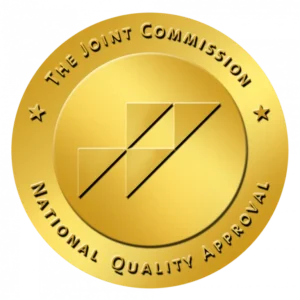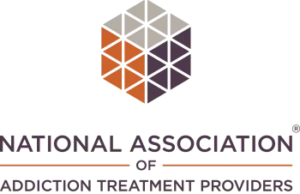Do you suspect that a loved one is showing signs of heroin addiction? It would help if you were sure before confronting the person as it’s often difficult to talk about a substance use disorder. Also, drug addicts are usually not honest about their condition. They may not recognize when things start getting out of hand.
If you suspect that a person is a heroin addict, pay attention to lifestyle habits, physical characteristics, and home environment. You may gain insight into the severity of your loved one’s addiction. There are several red flags for heroin addiction, but treatment is possible at TruHealing Reidsville – Reidsville.
What Are the Physical Symptoms of Heroin Addiction?
If you intend to help someone stop heroin use, you’ll need to identify the physical symptoms that indicate an addiction. According to the National Institute on Drug Abuse (NIDA), the most common physical symptoms of heroin addiction include sleepiness, slurred speech, slow breathing, dilated pupils, runny or itchy nose, loss of appetite, and weight loss.
Signs of deviations in usual behaviors might also have a connection to heroin use and addiction. These changes in behavior occur when a person is intoxicated or as a result of chronic issues with self-harm. Be on the lookout for track marks on top of the hands, arms, or wrists. Heroin is often used as an injection, so these marks are the telltale signs. In a bid to hide these marks, your loved one may start wrapping arms with long sleeves.
TruHealing Reidsville – Reidsville’s heroin rehab center treat these physical symptoms using various programs, such as:
- Medically-assisted detox
- Cognitive-behavioral therapy
- Partial hospitalization program
- Intensive outpatient program
- Dialectical behavioral therapy
Behavioral Signs of Heroin Addiction
Some mood changes can indicate a heroin use disorder, but you’re more likely to notice these changes if you’re living with the addict. Awkwardly, the person may attempt to explain or write off these behavioral signs of addiction. Substance abusers rely on deceit and manipulation, so it becomes part of their life over time.
The most common behavioral signs of heroin addiction include strange episodes of euphoria and hyperactivity, followed by sudden, severe lethargy. Other addicts may spend longer than usual in the toilet while a few engage in criminal activity, such as theft of money to buy drugs.
Stay alert if you notice your loved one is switching old friends for the company of addicts. Seek help from a mental health expert; if you confront an addict about their behavior without a proper strategy, it may cause aggression. Substance abuse treatment is available and can guide you through the process of helping someone struggling with addiction.
As the heroin dependence exacerbates, the behavior fluctuations will grow to extreme levels. A functional addict is a modern myth as this is essentially a drug user who has succeeded in avoiding the severe effects of the drug or has not yet experienced the same results. With time, the person will eventually suffer severe heroin use disorders.
Examples of issues that become worse with time may include:
- Missing work or school
- Deteriorating home, work, or school performance
- Vanishing from home for unexplained reasons
- Financial troubles
- Disorientation and confusion
- Lack of keenness on personal hygiene
The primary feature of any substance use disorder is that it worsens over time. If your loved one has been progressively exhibiting these warning signs, heroin addiction is likely to be the cause.
A Final Word
Heroin addiction is a dangerous mental disorder. It’s capable of damaging your vital body organs and causing severe withdrawal symptoms, some of which can be fatal. The good news is that help is available at a rehab center. Contact a mental health expert at TruHealing Reidsville – Reidsville immediately if you or your loved ones show the signs of heroin addiction. Call [Direct] for more information.









